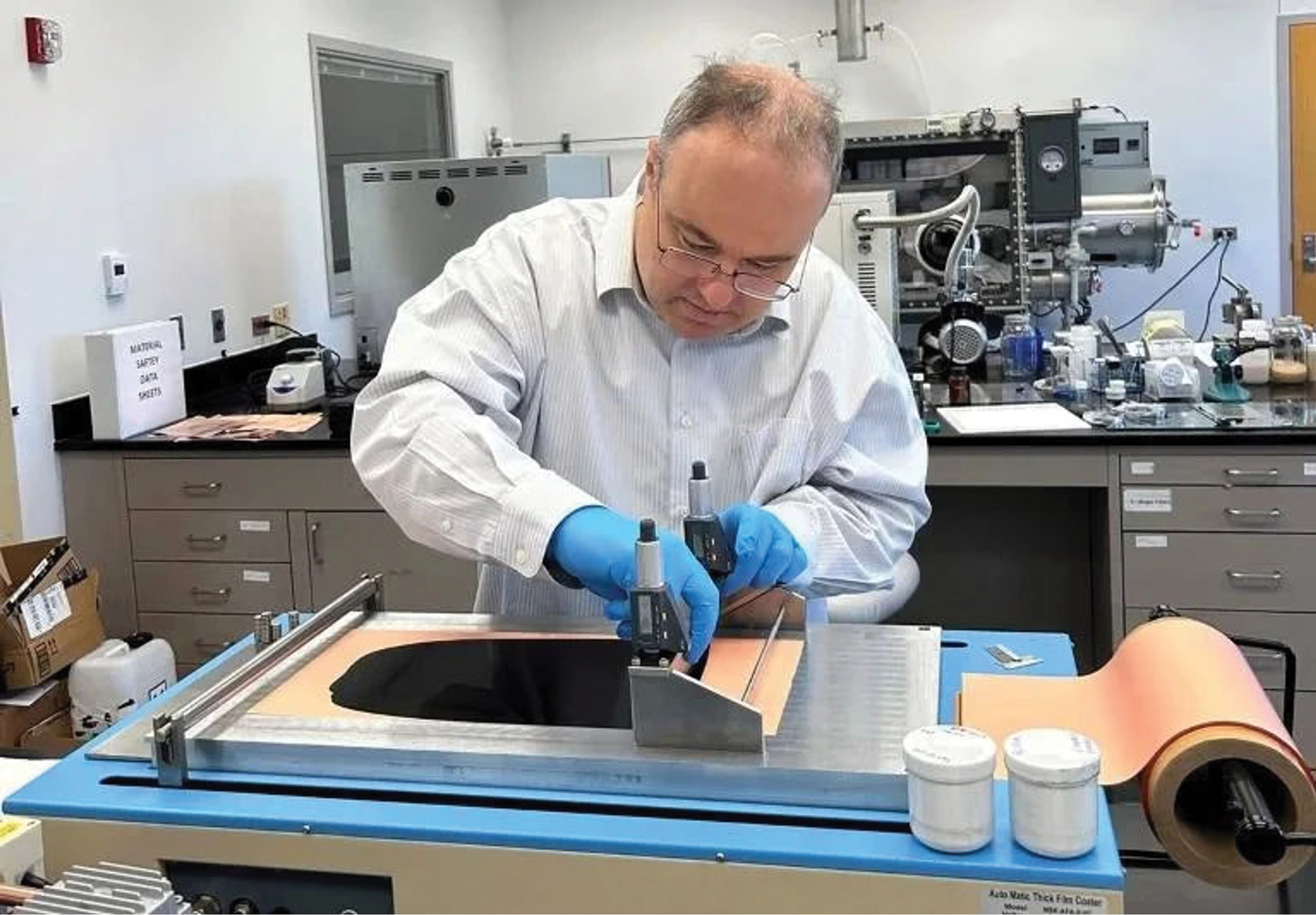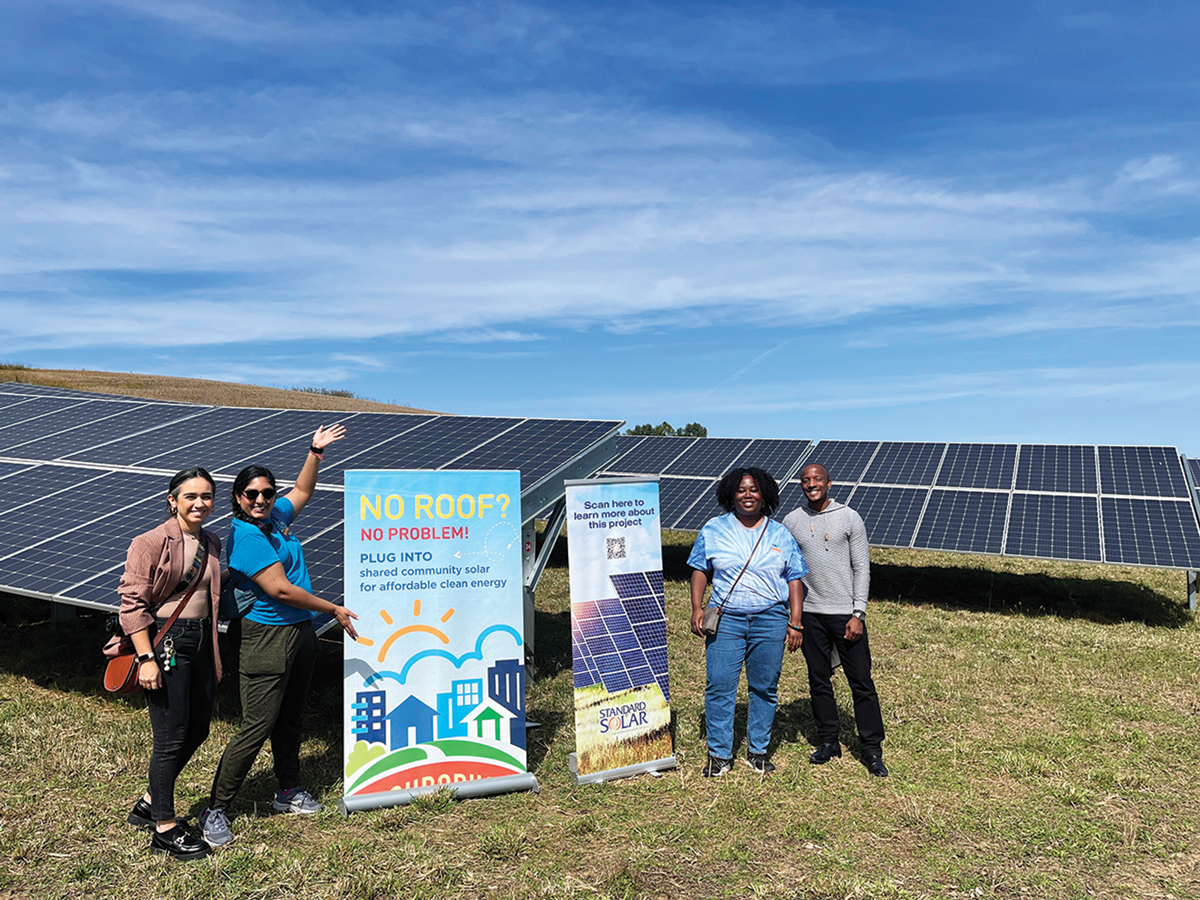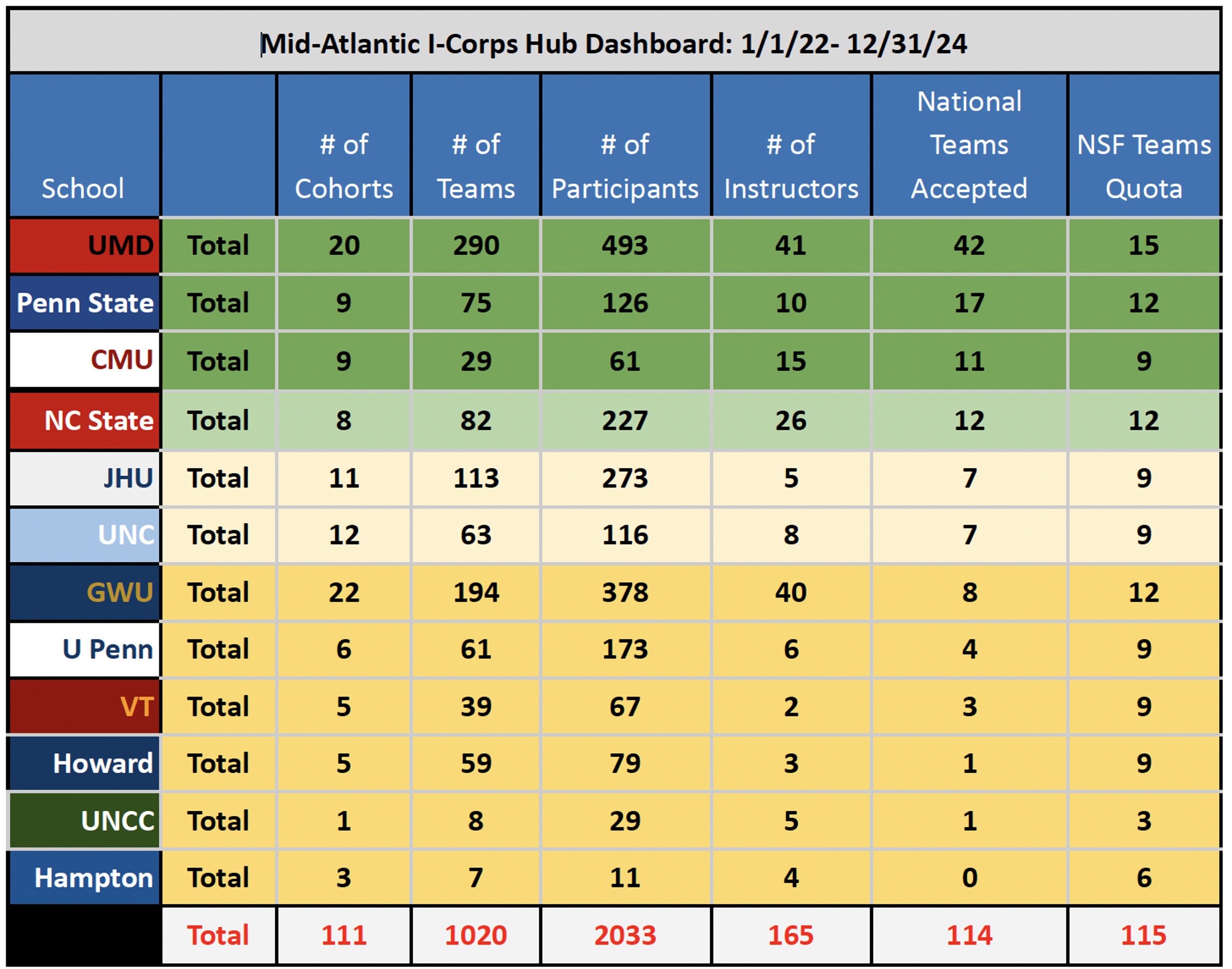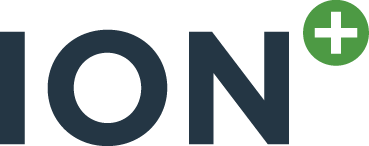Chesapeake Bay Seed Capital Fund Impact
Impact
$14.2M
Revenue generated by invested-in Maryland companies in 2024
71
Jobs created nationally
52
Jobs created in Maryland
$3.4M
Total investments since 2008
Portfolio

AquaLith Advanced Materials is commercializing new battery technologies, including an ultra-high-energy cathode, a novel silicon anode, and a non-flammable aqueous electrolyte.

N5 Sensors is commercializing sensor technology to detect wildfires.

JumpLights is developing lighting solutions for indoor agricultural producers, enabling energy efficiencies and increased crop yields.

Launched in 2021, AquaLith is targeting the electric vehicle (EV) market with a suite of technologies that improves three parts of a lithium ion battery: the anode, where lithium ions are stored when the battery is charged; the cathode, where they are stored when the battery is discharged; and the electrolyte, where they move back and forth.
The company’s anode replaces graphite with silicon micro-particles, which allow batteries to hold ten times as much lithium in the same amount of material. This lowers the cost of the anode by 90 percent, while making batteries lighter and smaller and retaining the same power of current lithium ion batteries.
AquaLith’s cathode replaces cobalt with two lithium salts and graphite. Cobalt is a limited resource, primarily mined in the Democratic Republic of the Congo. The company’s technology uses widely available materials, which could remove the cobalt bottleneck from the lithium-ion battery supply chain and lowers the cost of the cathode by 90 percent.
Finally, AquaLith’s electrolyte is aqueous, or water-based, making it non-flammable, while remaining stable and operating at a high voltage, a staple of lithium ion batteries.
AquaLith’s three core technologies were licensed from the University of Maryland in 2021 based on the work of Professor Chunsheng Wang, Robert Franklin and Frances Riggs Wright Distinguished Chair in Chemical and Biomolecular Engineering in the A. James Clark School of Engineering, in collaboration with Kang Xu, Fellow, DEVCOM Army Research Laboratory.
Wang’s cathode discoveries were awarded the Overall and Physical Science Invention of the Year awards at the University of Maryland in 2020.
In all, more than $10 million in grant funding was invested in the technology.
AquaLith may explore additional applications for its technologies in the future, including battery backups for buildings.
Founder:
Gregory Cooper, co-founder and CEO, and alumnus, Ph.D. in physics, UMD, 2000. Cooper was also the founder and former CTO of Pixelligent, a former Mtech Ventures company and Baltimore-based developer of nanocrystal dispersions and polymer nanocomposites designed to reinvent the way composite materials are made.
Programs:
CBSCF, Mtech Ventures, MIPS

Advanced BioNutrition offers environmentally sustainable and science-based bioactive stabilization and delivery solutions for a variety of industries.

Datakwip’s software integrates with existing energy systems and fills in data gaps to provide energy consumption, cost, and improvement insights—no additional hardware required.

Neighborhood Sun, a Maryland-based Certified B Corporation, provides a fully customizable end-to-end platform for community solar developers and subscribers, making renewable energy accessible to community members who would not otherwise be able to support renewable energy or benefit from the associated savings.
“Community solar” refers to local solar panel farms that are shared by community subscribers, who either receive energy directly or get credit on their electricity bills for their share of the power produced. Community solar negates the need for individual subscribers to install solar panels themselves, while still giving them access to solar energy.
By reducing greenhouse gas emissions in a subscriber’s local region, community solar helps to improve local air quality, preserve natural resources, and often create pollinator habitats. Community solar farms also help to increase the resiliency of grids, which is essential during unpredictable extreme weather events.
While it started in Maryland, Neighborhood Sun now manages community solar farms in Maine, Maryland, Massachusetts, New York, New Jersey, District of Columbia, Colorado, and Minnesota.
In 2023, the Maryland state legislature passed House Bill (HB) 908, which: made the state’s successful seven-year community solar pilot program permanent; allowed for unlimited community solar capacity; and required that 40 percent of a project’s output serves low- to moderate-income (LMI) subscribers.
Neighborhood Sun provides additional discounts and financial support to low-income households through its S.H.A.R.E. (Solar Helps Advance Resident Equality) program and Neighbor Benefit Fund.
In 2023 alone, Neighborhood Sun subscribers saved more than $2.8 million on electricity bills, while solar developer partners generated over 201 million kWh of renewable solar energy. The company donated $10,700 to partner nonprofits and impact-driven businesses, and welcomed 5,045 new subscribers.
















